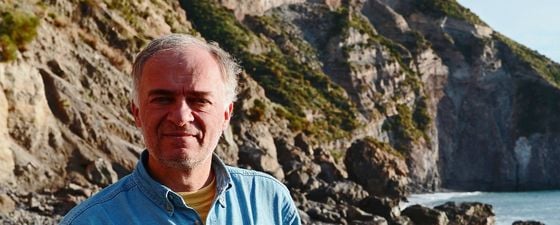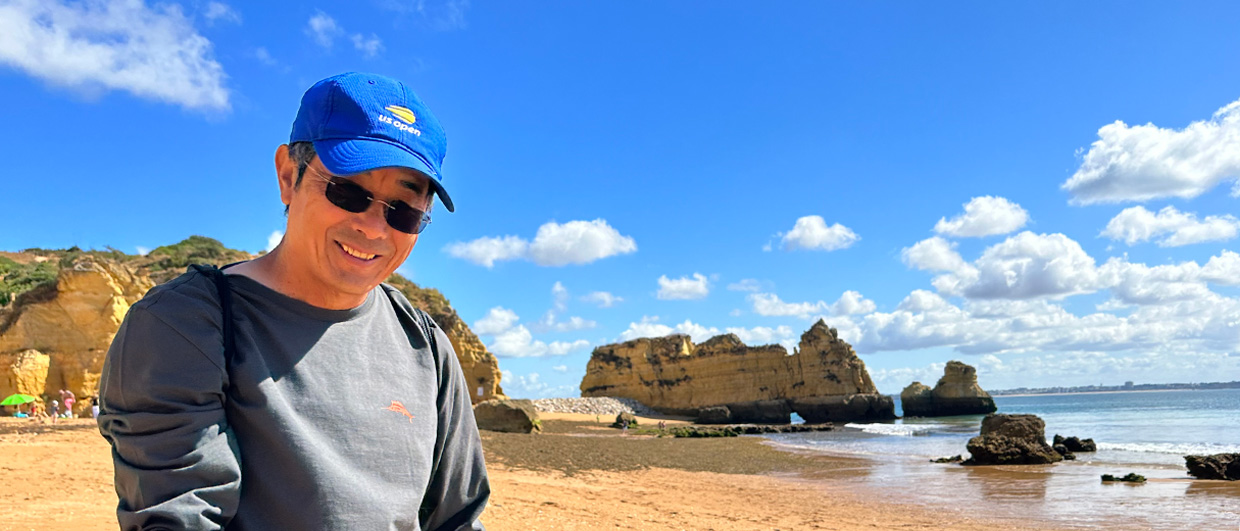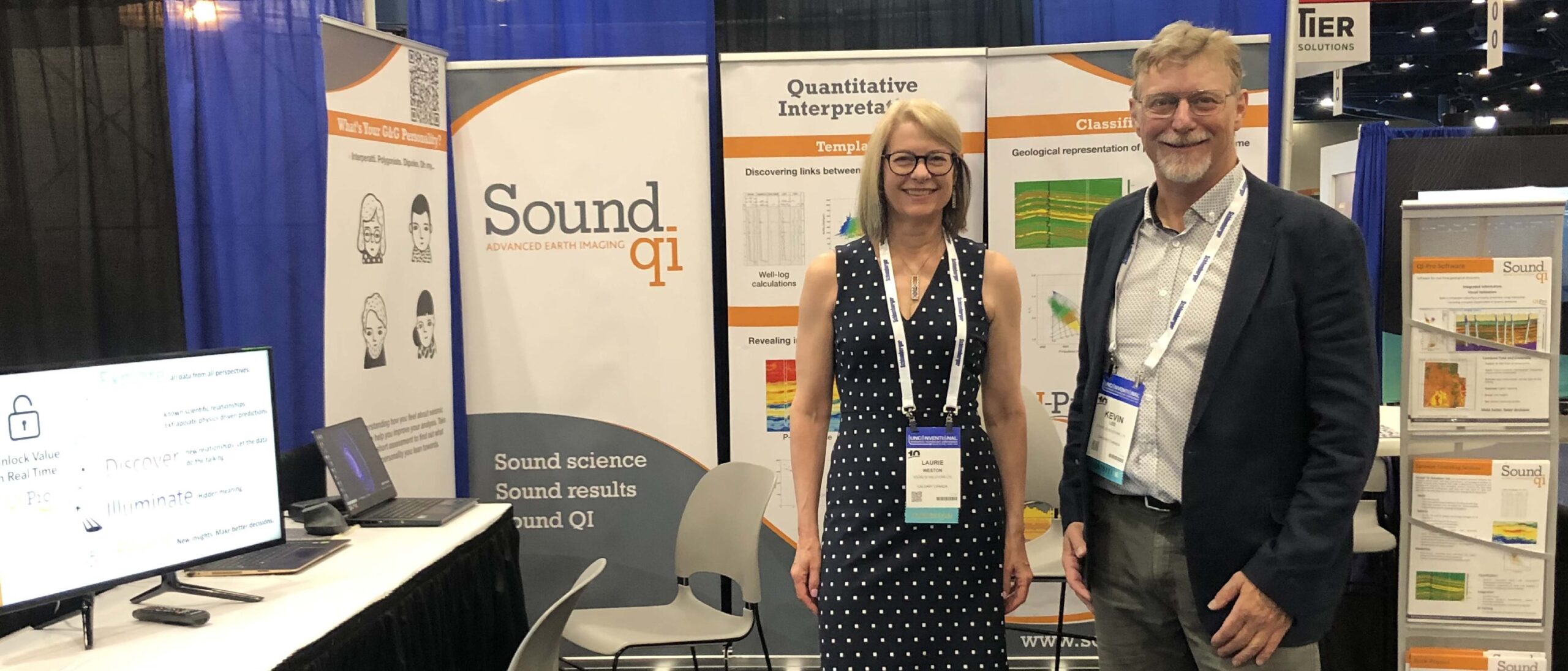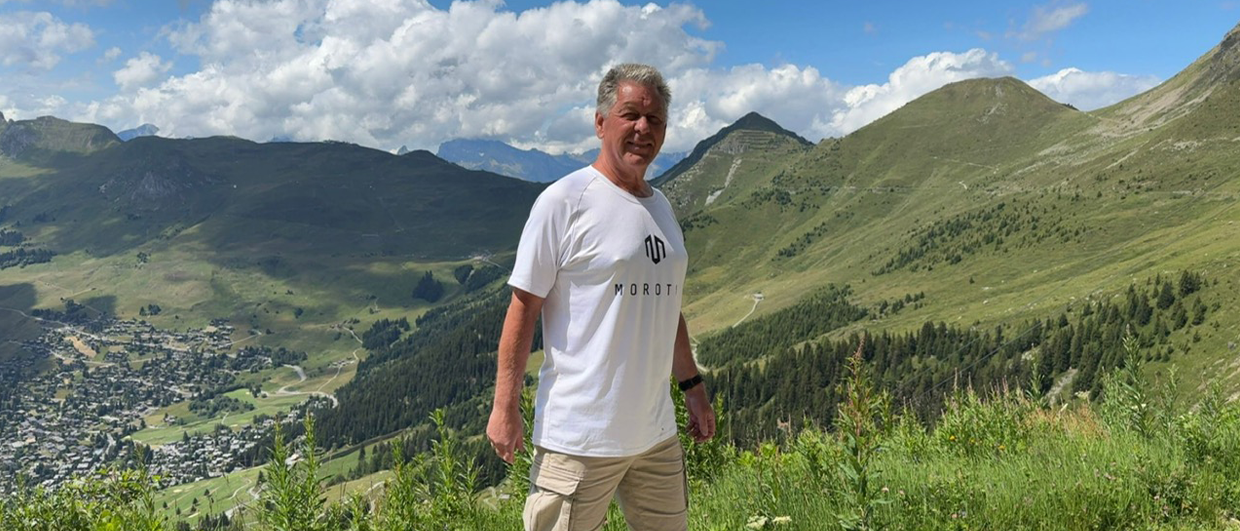Having been born below sea level in the muddy western part of The Netherlands, I developed an early fascination with mountains. It quickly became clear that geology was a good match with my other interests, such as sports, hiking and my other passion, photography. I studied in Amsterdam where, following a B.Sc. in Geology, I completed an M.Sc. in Structural Geology and a Ph.D. in Marine Geology. I joined Shell in 1985.
Over the past 29 years, I have lived and worked in The Netherlands, the UK, Oman, China and Brunei. I have had an exciting mix of technical and managerial roles at Shell, covering exploration ventures (with plenty of interesting seismic and well activities), new business development, oil and gas production and, last but not least, Health, Safety and Environment (HSE). During the early stages of my career I really benefited from sound advice from senior colleagues. Such coaching helped me tremendously in familiarizing myself with some of the fundamental techniques and processes in our industry, as well as raising my awareness of what not to do, especially in terms of seismic and well operations.
My current position of Chief Explorer is primarily a functional role, and includes being the global discipline head for exploration geosciences (600+ staff) and leading the geoscience technical assurance activities in global exploration. My immediate team consists of experienced professionals who support the various regions and business units in efficiently and safely maturing and executing exploration activities around the globe. We have four focus areas in our Exploration function: staff capability, technology development and deployment, global exploration processes, and connectivity amongst the large number of geoscientists across Shell.
Capability and staff development get significant attention in Shell. My role ranges from overseeing recruitment and development of new professionals, to technical and business ‘on-the-job’ and formal training, as well as leadership training and diversity and inclusiveness activities. In addition, through coordination with the other geoscience disciplines such as geophysics, production geology and geomatics, we align competency frameworks, coordinate and optimize training programs, and facilitate numerous staff moves.
As part of capability building, Shell maintains numerous formal and informal connections with academic institutions and professional societies across the world. These partnerships allow the sharing of knowledge and ideas, driving forward research and development, and thus improving how we run our business. In addition, I am a member of the Corporate Advisory Board of the American Association of Petroleum Geologists (AAPG), and I also support their Distinguished Lecturer program.
Excited by Opportunities
Regarding technology, continued investment is essential to develop and deploy new technologies in both fossil fuels and alternative energy sources.
As Chief Explorer, I am excited by the seemingly endless stream of opportunities for improved and cheaper de-risking of oil and gas exploration prospects through technology, for example, using enhanced seismic acquisition and processing, 3D imaging techniques, novel drilling tools, geoscience modeling software and more efficient IT and data management. Moreover, linked to the growth in unconventional exploration and development, we have widened the scope of subsurface research to focus on the properties of shales and mud rocks (yesterday’s source rock is today’s reservoir…).
Rapid developments in sensor technologies and autonomous deployment techniques, especially when combined with improved exploration processes and workflows, mean that there is a plethora of new things to try out in the field. In combination with rigorous application of in-house project management and play-based evaluation processes and tools, these technological developments offer the opportunity to really improve the industry’s performance, while driving down safety exposure and reducing costs.
Because our earth scientists are employed in different conventional and unconventional exploration ventures across many countries, our team makes a real effort to regularly provide opportunities for our professionals to share best practices, operational experiences and new technology applications through global and regional conferences, workshops, joint reviews, webcasts and other events.
Before becoming Chief Explorer in 2012, I was Regional Exploration Vice-President for Europe. This role confirmed to me yet again the importance of visible safety leadership in the execution of exploration activities. One of my key learnings from visits to operational sites has been that a strong HSE performance has a positive impact on operational performance and costs. I regularly participate in operational visits and try to join one or two field trips a year, which provide excellent opportunities to engage with exploration staff outside the office environment. In fact, such informal conversations with colleagues give me the best insights into our business.
Reflecting on my experiences so far, my advice to students who are considering following a geoscience career and joining the energy sector is that there will continue to be great opportunities. Given the fast developments in technology against a background of continuously evolving global political, economic and environmental circumstances, I expect that – like in the past – there will be no lack of activity or excitement in our highly dynamic industry.





